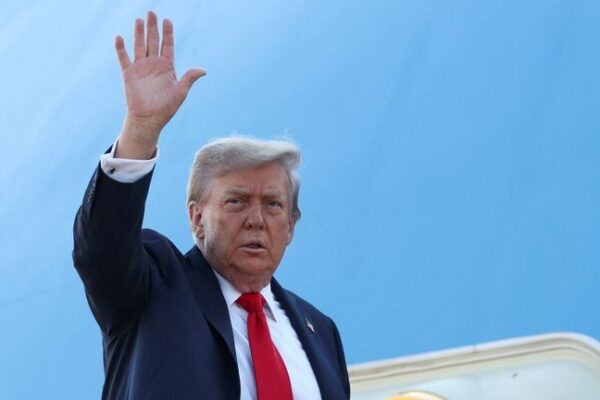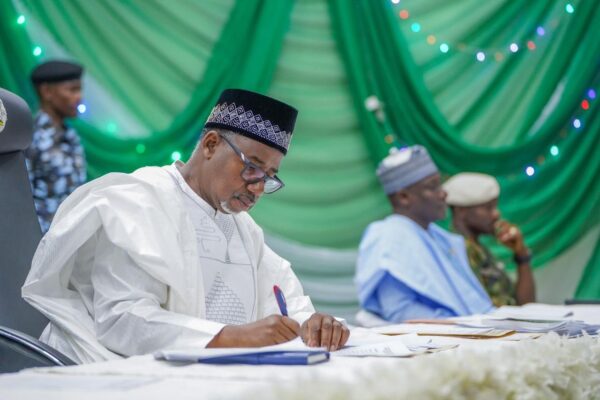
Federal Retirees to Get N32,000 Monthly Increase Under CPS
Retired federal employees under the Contributory Pension Scheme (CPS) are set to enjoy a significant relief, as President Bola Ahmed Tinubu has approved a ₦758 billion bond to offset outstanding pension liabilities and implement long-delayed increments. Under the new arrangement, retirees will receive an additional ₦32,000 monthly pension, ensuring compliance with the National Minimum Wage Amendment Act 2024 and its consequential adjustments. The increment applies across key sectors—including education, health, security, and the Armed Forces—irrespective of individual retirement savings. According to the directive issued on August 6, President Tinubu ordered the “prompt implementation of long-overdue pension increases and a minimum pension guarantee” to provide a safety net for vulnerable retirees. The National Pension Commission (PenCom) confirmed that, once the National Assembly concurs, proceeds from the bond will be released to settle beneficiaries. PenCom’s Director-General, Omolola Oloworaran, explained that the ₦758 billion allocation would be shared across three categories: ₦253 billion for accrued rights of workers employed before the CPS began in 2004 or near retirement at the time; ₦387.5 billion to clear pension arrears dating back to 2007; and ₦107 billion for the Pension Protection Fund, designed to boost pensions for low-income earners. She described the intervention as a “long-overdue step” to restore confidence in the CPS and address nearly two decades of unpaid pension adjustments. The National Salaries, Incomes and Wages Commission (NSIWC) had previously confirmed that the adjustment would translate to an extra ₦32,000 monthly for retirees, bringing relief to thousands of pensioners struggling under the weight of inflation and rising living costs.








